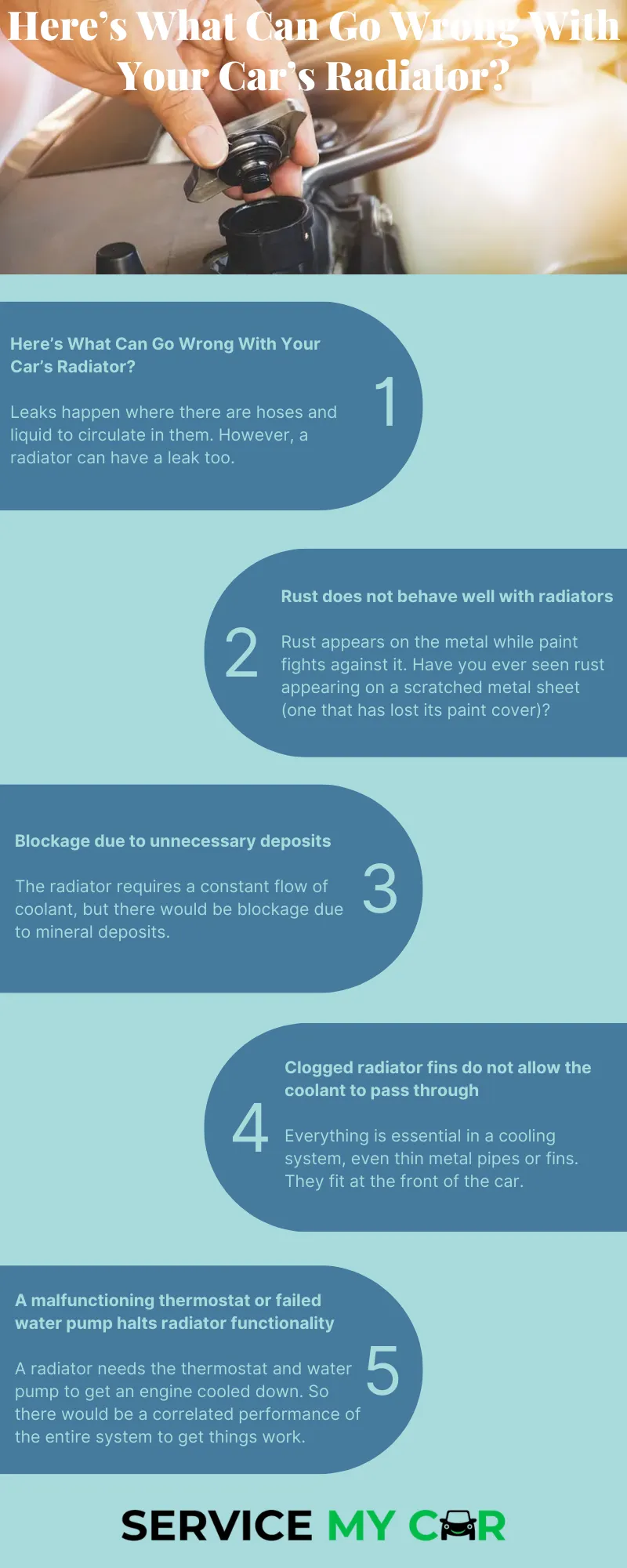Discussions
Here’s What Can Go Wrong With Your Car’s Radiator?

Correct Your Driving If You Manifest Keeping Your Car Better For Longer Time

Leading hospital furniture supplier- UG Medical Supplies
It is no secret that the healthcare industry is constantly changing and evolving. In order to provide patients with the best possible care, hospitals and other healthcare facilities must always be on the lookout for new and innovative ways to improve their operations. One of the most important aspects of any healthcare facility is the furniture. UG Medical Supplies is a leading hospital furniture supplier that has been providing high-quality furniture to healthcare facilities for over 20 years. We offer a wide range of furniture for all types of medical environments, from examination tables and chairs to hospital beds and more. We are always up-to-date on the latest trends in medical furniture, so you can be confident that you are getting the best possible products for your needs.
Who is UG Medical Supplies?
We are a leading supplier of hospital furniture in the United States. We offer a wide range of products, from beds and chairs to tables and cabinets, all designed to meet the needs of patients and caregivers. Our products are made from high-quality materials and are built to last. We offer a variety of sizes and styles to choose from, so you can find the perfect piece of furniture for your facility.
What type of hospital furniture do they supply?
UG Medical Supplies is a leading supplier of hospital furniture. We supply a wide range of hospital furniture, from beds and chairs to tables and cabinets. We have a wide range of products to suit all budgets and requirements, and we can provide advice and guidance on the best products for your needs.
Why are they a leading supplier?
There are many reasons why UG Medical Supplies is a leading supplier of hospital furniture. They offer high-quality, durable products that are designed to meet the needs of hospitals and other healthcare facilities. Their products are also competitively priced, making them an affordable option for many customers. In addition, UG Medical Supplies provides excellent customer service and is always willing to help with any questions or concerns that their customers may have.
How can you purchase their products?
If you are interested in purchasing any of the products offered by UG Medical Supplies, you can contact them directly through their website or by calling their customer service number. They offer a wide variety of payment options, including credit cards, PayPal, and bank transfers. You can also purchase their products through their network of authorized dealers.
Conclusion
UG Medical Supplies is a leading hospital furniture supplier in the United States. We offer a wide range of high-quality medical supplies and equipment at competitive prices. Our products are backed by a team of knowledgeable and experienced customer service representatives who are available to answer any questions you may have. Contact us today to learn more about our hospital furniture and other medical supplies.
Buy wheelchairs for sale at UG Medical Supplies
Here at UG Medical Supplies, we know that when you’re looking for wheelchairs for sale, you want the best quality and selection possible. That’s why we carry a wide range of wheelchairs to fit a variety of needs and budgets. Whether you’re looking for a standard wheelchair or something more specialized, we have what you need. We also offer a price match guarantee, so you can be sure you’re getting the best deal possible. Check out our selection of wheelchairs for sale today and see how we can help you get around.
What types of wheelchairs are available for sale at UG Medical Supplies?
At UG Medical Supplies, we offer a wide variety of wheelchairs for sale. Whether you need a manual wheelchair, power wheelchair, or scooter, we have just what you're looking for.
Manual wheelchairs are great for those who are able to propel themselves or who have someone who can help them. Power wheelchairs are perfect for those who cannot propel themselves and need assistance getting around. Scooters are ideal for those who want the freedom to move about without having to be pushed in a wheelchair.
No matter which type of wheelchair you need, we have it at UG Medical Supplies. Come see us today and let us help you get the mobility you need!
How can a wheelchair help improve someone's quality of life?
Wheelchairs can help improve someone's quality of life by providing them with mobility and independence. They can also help reduce pain and fatigue and improve posture and breathing.
What are the different features of wheelchairs that are available for sale at UG Medical Supplies?
When it comes to choosing a wheelchair, there are many different features to consider. UG Medical Supplies offers a wide variety of wheelchairs for sale, each with its own unique set of features. Here are just a few of the different types of wheelchairs that are available for purchase at our store:
- Lightweight Wheelchairs: If you're looking for a wheelchair that is easy to maneuver and transport, a lightweight option is ideal. We offer both manual and electric lightweight wheelchairs, so you can choose the option that best suits your needs.
- Heavy-duty Wheelchairs: If you need a wheelchair that can accommodate more weight or provide more support, a heavy-duty option may be right for you. Our heavy-duty wheelchairs can support up to 650 pounds, making them perfect for those who need a little extra strength and stability.
- Sports Wheelchairs: For active individuals who want to stay mobile, we offer sports wheelchairs designed for both indoor and outdoor use. These wheelchairs feature durable construction and adjustable components so you can customize them to fit your specific needs.
No matter what your needs are, we have a wheelchair that will suit you perfectly. Come visit us at UG Medical Supplies today and let our knowledgeable staff help you find the perfect solution for your mobility needs.
How to choose the right wheelchair for you
If you’re in the market for a wheelchair, it’s important to choose one that will suit your individual needs. With so many different types of wheelchairs on the market, it can be difficult to know where to start.
Here are a few things to consider when choosing a wheelchair:
– Your level of mobility. If you have limited mobility, you’ll need a wheelchair that is easy to maneuver and has features that allow you to get around independently.
– Your budget. Wheelchairs can range in price from a few hundred dollars to several thousand dollars. It’s important to find one that fits your budget and meets your needs.
– Your lifestyle. If you lead an active lifestyle, you’ll need a wheelchair that is durable and can handle rough terrain. If you live in a city, you may want a lighter-weight chair that is easy to maneuver in tight spaces.
Once you’ve considered these factors, it’s time to start shopping! You can browse wheelchairs online or visit a medical supply store to try out different models in person.
Conclusion
If you're in the market for a wheelchair, UG Medical Supplies is definitely worth checking out. They have a wide selection of wheelchairs for sale, and their team is knowledgeable and helpful. Plus, they offer free shipping on orders over $100, so it's easy to get what you need.
Look Closely At These Causes Of Wheel Misalignment.
When it comes to car maintenance, the term "wheel alignment" is not unfamiliar. People who have been driving cars for a while definitely understand when wheel alignment is necessary.
Here’s Why Your Car’s Steering Shakes Consistently.
Steering shakes are quite an unusual experience. Unusual shakes often feel horrible, especially at high speeds.
Reliable Warranty Services in India - Protect Your Investment Today
Warranty services are an essential aspect of any purchase, and at our company, we understand that. We are one of the leading warranty service providers in India, offering a wide range of coverage options for your appliances, electronics, and more. Our team of experienced professionals is dedicated to providing our customers with the best service and support, ensuring that your investment is protected against any unexpected issues. Contact us today to learn more about our warranty services and how we can help you protect your valuable assets.
Best Digital Marketing Company in Haldwani - Boost Your Business Online
Top-Ranked Looking for a reliable Digital marketing company in Haldwani to take your business to the next level? Look no further than [Company Name]. Our team of experts specialize in SEO, PPC, social media marketing, and more to help you reach your target audience and drive conversions. With a track record of success and a commitment to customer satisfaction, we're the clear choice for businesses of all sizes. Contact us today to schedule a consultation and see how we can help you grow your online presence!
Protect Your Digital Investments: Extend Your Warranty on Electronic Devices
Protect your valuable digital products with our comprehensive extended warranty plan. Our plan covers any manufacturer defects, accidental damage, and even power surge damage. With Digital Peace of Mind, you can rest easy knowing that your products are protected for an additional year beyond the manufacturer's warranty. Don't let unexpected repairs or replacements break the bank - choose our extended warranty plan for digital products, added security and peace of mind"
Look Closely At These Causes Of Wheel Misalignment.
When it comes to car maintenance, the term "wheel alignment" is not unfamiliar. People who have been driving cars for a while definitely understand when wheel alignment is necessary.
